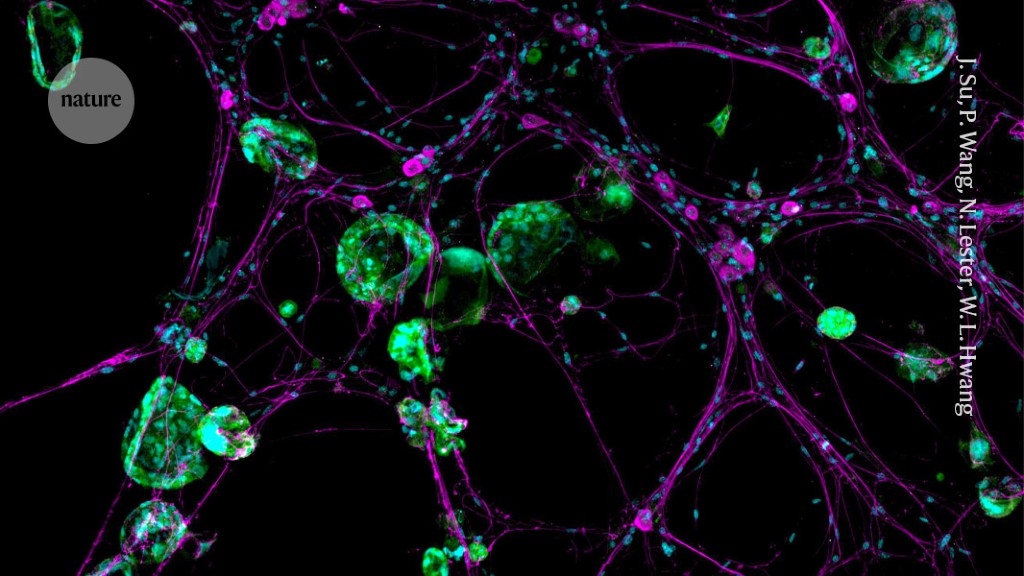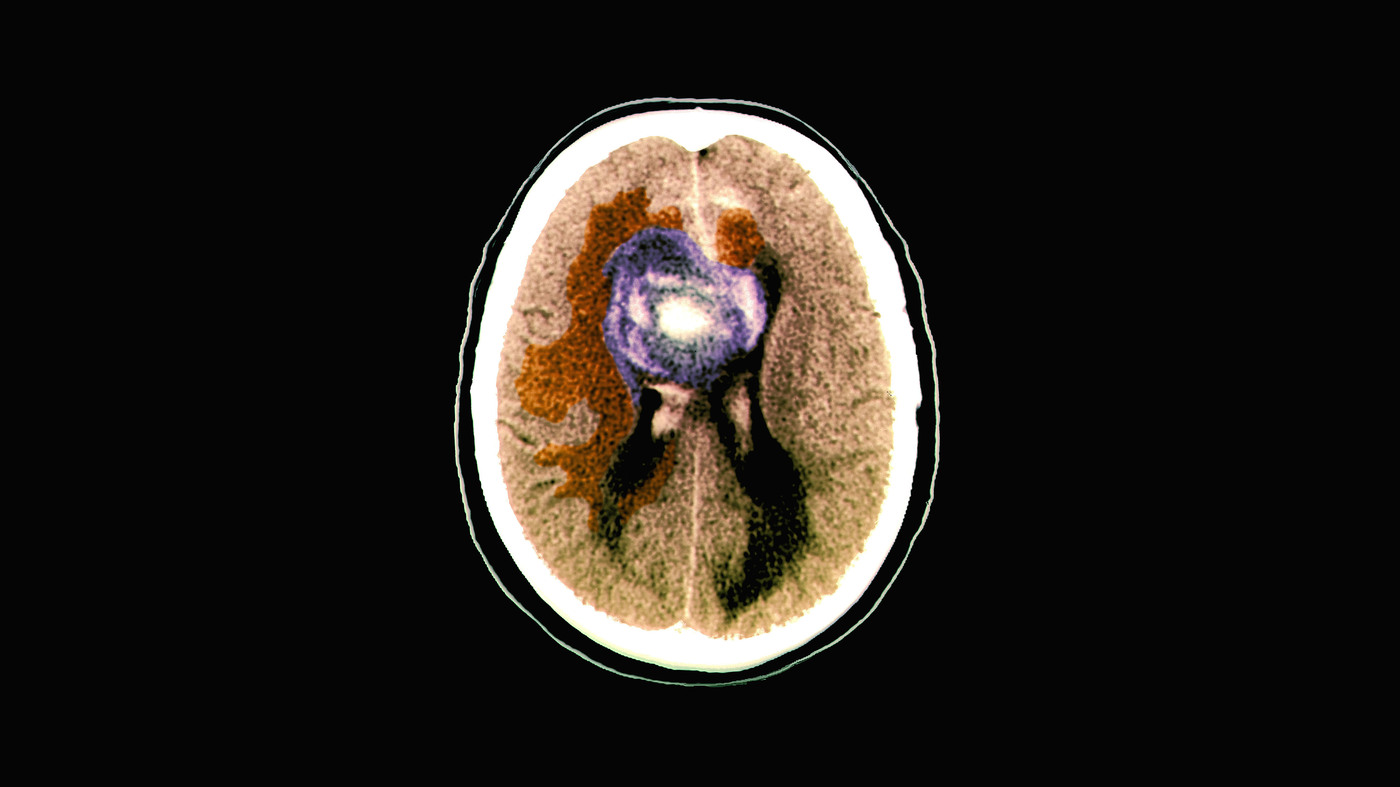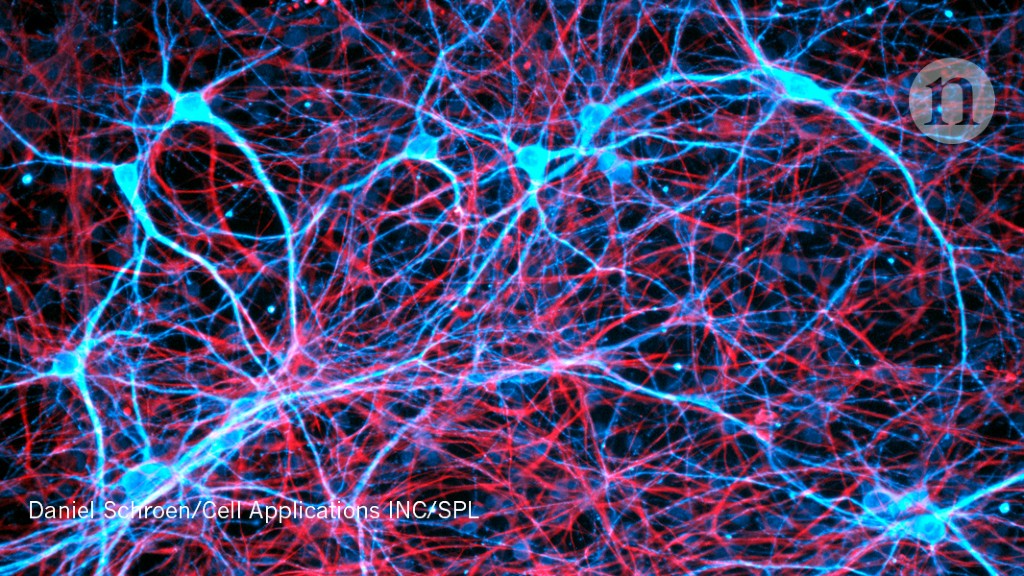Program in Cancer Neuroscience at Stanford
News & Events
Events
Inaugural Keystone Symposium on Cancer Neuroscience
Neural Influence on Cancer, Tumor Microenvironment and Cancer Immunology
JANUARY 18 - 21, 2025 FAIRMONT BANFF SPRINGS, ALBERTA, CANADA
Organizers: Brian DavisMichelle MonjeIhsan Ekin Demir
Brain Tumor Research Seminar Series 2024
January 29: Gelareh Zadeh, MD, PhD (University of Toronto)
Talk title: Dissecting tumor‐microenvironment interactions and their role in the evolution of diffuse glioma
February 26: Pedro Lowenstein, MD, PhD (University of Michigan)
Talk title: Spatio-temporal organization of brain tumors: from oncostreams to liquid crystals
April 29: Claudia Kleinman, PhD (McGill University)
Talk title: Cell fate specification in the developing brain: an oncogenic Achilles’ heel
June 17: Stephen J. Smith, MD (Stanford University/Allen Institute)
Talk title: TBD
In the News
- – Nature
How cancer hijacks the nervous system to grow and spread
A new wave of research is unpicking the relationship between cancer and neurons — and looking for ways to stop the crosstalk.
- – Stanford News Center
A new branch of oncology, cancer neuroscience, offers hope for hard-to-treat brain tumors
To drive their growth, many tumors hijack nervous system signals, including those needed for brain plasticity. Stanford Medicine discoveries are opening a promising new branch of oncology research.
- – BBC
The Documentary - The long haul of long Covid - BBC Sounds
Three years after the official declaration of a pandemic, 65 million people - one in 10 who had Covid-19 - still have symptoms. Some are so ill they are yet to return to work. Michelle Monje-Deisseroth, MD, PhD and other researchers around the world try to unravel the cause behind long COVID which is associated with around 200 symptoms including persistent cognitive impairment.
- – Stanford News
Brain fog after COVID-19 has similarities to ‘chemo brain,’ Stanford-led study finds
Researchers found that damage to the brain’s white matter after COVID-19 resembles that seen after cancer chemotherapy, raising hope for treatments to help both conditions.
- – Stanford News
Nine Stanford scientists receive cancer research funding totaling $13 million
The funding, from Cancer Grand Challenges, will help the researchers address difficult problems in cancer prevention, treatment-resistant cancers and therapies for pediatric solid tumors.
- – National Institutes of Health (NIH)
Optic nerve firing may spark growth of vision-threatening childhood tumor
NIH-funded pre-clinical study supports key role of neural activity in brain cancers.
- – NPR.org
Deadly brain dancers hijack normal cells to grow
Researchers say certain brain cancers tap electrical signals from healthy cells to fuel their growth. The finding could lead to treatments for deadly tumors like the one that killed Sen. John McCain.
- – Bio-X
Brain tumors form synapses with healthy neurons
Stanford Bio-X affiliated faculty Michelle Monje and Robert Malenka, Bio-X Genentech Postdoctoral Fellow Anna Geraghty, and Bio-X Undergraduate Summer Research Program Participant Lydia Tam found that high-grade gliomas wire themselves into the healthy brain among normal neurons. Their work is on the cover of Nature.
- – Nature
Cancer cells have ‘unsettling’ ability to hijack the brain’s nerves
Startling discovery could open up avenues for treating some aggressive tumours.
- – Stanford News
Brain tumor growth stimulated by nerve activity in the cortex, study finds
New research shows that high-grade gliomas, the deadliest human brain tumors, increase their growth by hijacking some of the machinery of neuroplasticity, which normally helps the brain form new synapses.







